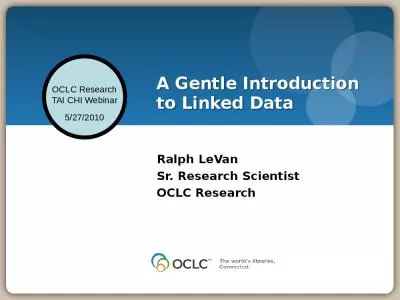PPT-Does Fit Matter in Event Sponsorship-Linked Marketing?
Author : tawny-fly | Published Date : 2016-03-07
Angeline Close University of Texas Austin Russell Lacey Xavier University Cincinnati 2012 American Marketing Association Summer Educators Conference Consumer Behavior
Presentation Embed Code
Download Presentation
Download Presentation The PPT/PDF document "Does Fit Matter in Event Sponsorship-Lin..." is the property of its rightful owner. Permission is granted to download and print the materials on this website for personal, non-commercial use only, and to display it on your personal computer provided you do not modify the materials and that you retain all copyright notices contained in the materials. By downloading content from our website, you accept the terms of this agreement.
Does Fit Matter in Event Sponsorship-Linked Marketing?: Transcript
Download Rules Of Document
"Does Fit Matter in Event Sponsorship-Linked Marketing?"The content belongs to its owner. You may download and print it for personal use, without modification, and keep all copyright notices. By downloading, you agree to these terms.
Related Documents














